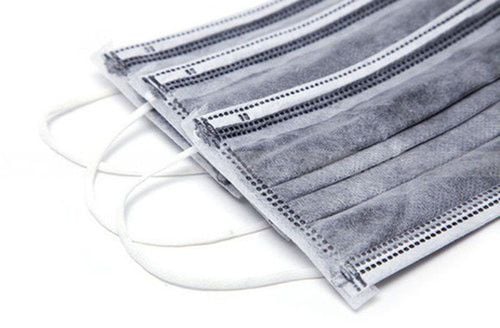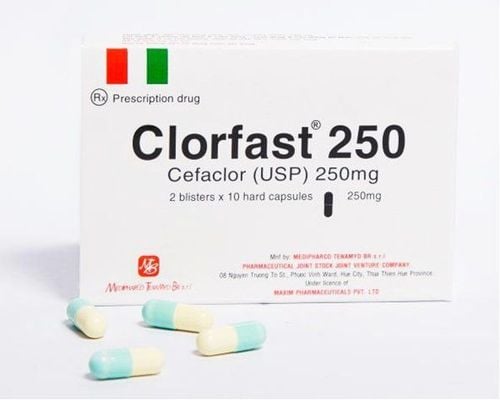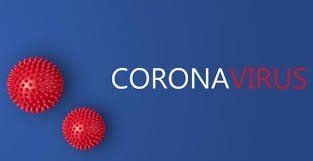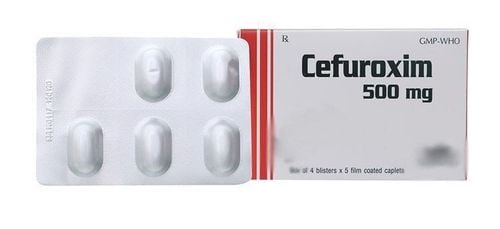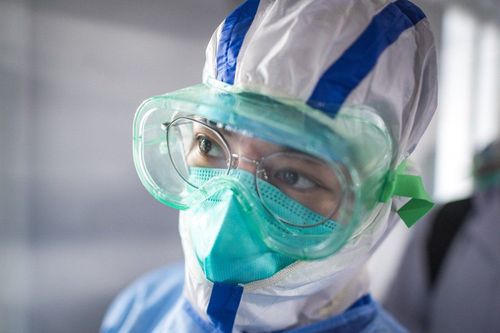This is an automatically translated article.
The article was translated and synthesized by Dr. Nguyen Xuan Hung - Director of Vinmec Institute of Applied Research and Regenerative Medicine (VIASRM) and in consultation with Dr., Doctor Tran Thi Phuong Thuy - Department of General Internal Medicine. - Vinmec Times City International General HospitalWhen you have symptoms of suspected 2019-nCoV infection, you need to go to medical facilities for timely diagnosis, to avoid infecting others. Besides, each person can protect themselves and their families against the 2019 corona virus epidemic by washing their hands often with soap and water, wearing a mask, limiting going to crowded places...
To find To fully understand the information about the 2019 corona virus epidemic, you can refer to the sections of the document including:
[Q&A about the 2019 Corona virus] Part 1: Origin and mode of infection [Q-A about 2019 nCoV epidemic] Part 3: Instructions for caring for people suspected of being infected with 2019 nCoV at home [Q&A about the 2019 Corona virus epidemic] Part 4: How does 2019-nCoV spread? Is it possible to get it from animals or pets?
1. How should I protect myself against 2019-nCoV?
Recommended video:Instructions for washing hands properly and properly to prevent new Corona virus (2019-nCoV)
If you have not been to China and have not been in close contact with a person suspected of being infected with 2019-nCoV, awaiting test results or a confirmed case, you can protect yourself against the epidemic by:
Wash your hands often with water and soap for at least 20 seconds, especially after using the toilet, before eating, and after blowing your nose, coughing, or sneezing (if soap and water are not available, use hand sanitizer containing at least 60 % alcohol). Why ? Washing your hands with water and soap or alcohol-based hand sanitizer will kill viruses if they are on your hands. Maintain a reasonable distance in the community - Stay at least 1 meter away from people when in contact, especially with those who have a cough, runny nose and fever. Why? When people infected with the virus cough or have a runny nose, they produce droplets containing the virus. If you stand too close, you can breathe in these viruses. Avoid touching your eyes, nose, and mouth with unwashed hands. Why? Hands may have touched some surface containing the virus. When you touch your eyes, nose, or mouth with an infected person, you can transfer the virus from infected surfaces to yourself. If you have a fever, cough and difficulty breathing, seek medical attention immediately. Tell your healthcare professional if you have been to 2019-nCoV epidemic areas in China or if you have been in close contact with people with respiratory symptoms who have been to China. Why ? When you have the above symptoms, you most likely have a respiratory infection or other serious illness. Respiratory symptoms associated with fever have many causes including 2019-nCoV infection and will depend on your status and travel history If you have mild respiratory symptoms and have never been to China During the epidemic period, please self-isolate at home when possible and practice good respiratory and hand hygiene
Cover your nose and mouth with a tissue when sneezing, coughing, or runny nose. Then wash your hands immediately. Clean and disinfect frequently touched surfaces and objects.
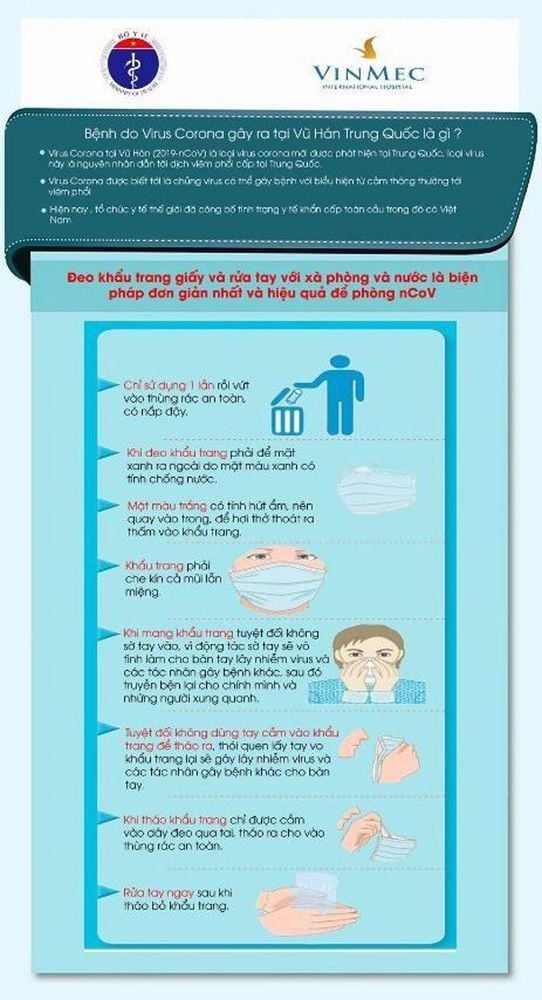
Một số biện pháp phòng trách dịch bệnh
2. What should I do if I have been in close contact with someone who is suspected of being infected, awaiting test results or infected with 2019-nCoV?
Monitor your health starting from the date of first close contact with the sick person, continuously for 14 days from the last close contact. Watch for the following signs and symptoms:
Fever. Take your temperature twice a day. Cough. Shortness of breath. Other possible symptoms are chills, body aches, sore throat, headache, diarrhea, nausea/vomiting, and runny nose. If you have a fever or any of these symptoms, call your healthcare provider right away.
Before you go to the doctor, you should tell the medical staff that you have been in close contact with a suspected person who is waiting for test results or is infected with 2019-nCoV. This will help the healthcare facility prepare in advance to avoid infecting others.
If you don't have any of the above symptoms, you can resume your daily activities, like going to work, school or other public areas.

Gọi ngay cho cơ sở y tế khi bạn xuất hiện triệu chứng nhiễm virus
3. I have never been in contact with a suspected or infected person, so am I required to wear a mask when going out?
No. Currently, the number of confirmed 2019-nCoV infections in Vietnam is 12 cases (as of February 7, 2020). Therefore, this virus has not spread so widely in the Vietnamese community that everyone has to wear a mask when going out. The Ministry of Health of Vietnam currently recommends wearing a mask when going to crowded places or when in contact with people with symptoms of illness.Wearing a medical mask can help prevent some respiratory diseases. However, the use of masks alone is not guaranteed to prevent infection and should be combined with other precautions including hand and respiratory hygiene, and avoiding close contact - at least within 1 meter of each other. you and others.
Vietnam's Ministry of Health recommends wearing a mask when going to crowded places.
The World Health Organization (WHO) recommends using medical masks in a reasonable way to avoid unnecessary waste and avoid using masks in the wrong way (link to instructions on using masks). Proper use of a mask means only using it when you have respiratory symptoms (cough, runny nose), suspected 2019-nCoV infection with mild symptoms, or while taking care of someone suspected of being infected with 2019-nCoV. A person suspected of being infected with 2019-nCoV is a person who has been to or has been in close contact with someone who has been to an epidemic area in China and has respiratory symptoms.
4. If you have to wear a mask, which one is the best?
If you are not a suspected infected person waiting for testing or are infected, or have not been in close contact with them, a 3-layer medical mask is the most suitable. Cloth masks should not be used in all situations.

Khẩu trang y tế được sử dụng
5. What is the correct way to wear a mask?
If a medical mask is worn, it should be used and disposed of correctly to ensure effectiveness and avoid increased risk of infection due to improper use and disposal of the mask.How to properly use a medical mask according to health care practices in hospitals as recommended by WHO:
Place the mask carefully to cover the mouth and nose and tie it carefully to minimize any distance between face and mask; Avoid touching the mask while in use; Remove the mask properly: do not touch the front of the mask, but remove the string from the back; After removing or whenever accidentally touching a used mask, immediately wash your hands with soap and water for at least 20 seconds or with at least 60% alcohol-based hand sanitizer. When the mask in use is wet/wet, it should be replaced with a new, dry and clean mask; Do not reuse disposable masks; Discard disposable masks after each use and dispose of them immediately after removal. Cloth masks should not be used in all situations. Source: CDC, WHO, ECDC
Recommended video:
Corona virus prevention guide 2019
MORE:
[Q&A about the 2019 Corona virus epidemic] Part 1: Origin and mode of infection [Q&A about the 2019 Corona virus epidemic] Part 3: Instructions for caring for people suspected of being infected with 2019 nCoV at home Q & A about the 2019 Corona virus epidemic] Part 4: How does 2019-nCoV spread? Is it possible to get it from animals or pets? Vinmec's advice and hotline to receive customer advice on the 2019 Corona virus epidemic





![[Q&A about the 2019 Corona virus] Part 5: Should you change your travel plans during the epidemic season?](/static/uploads/small_20200215_060902_904810_co_ro_na_5370_15803_max_1800x1800_png_8339f432f8.png)
